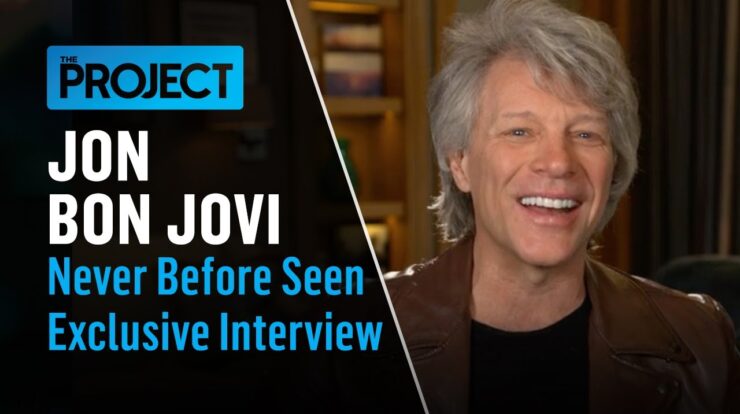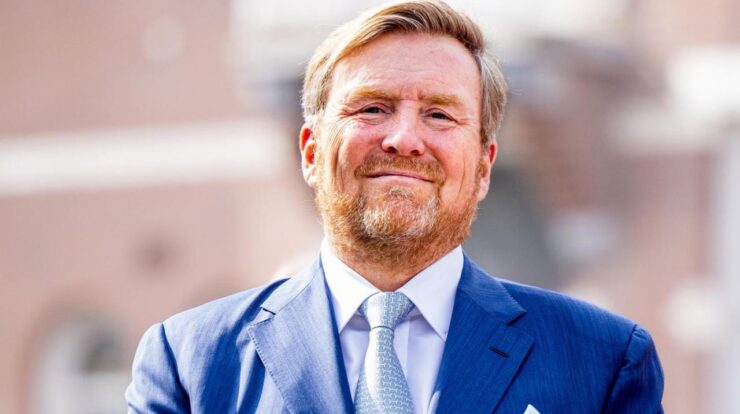
Willem Alexander, the reigning monarch of the Netherlands, has ascended to the throne with a unique blend of tradition and modernity. His reign has been marked by a commitment to public service, international diplomacy, and social progress, shaping the course of the Dutch monarchy in the 21st century.
From his early life and education to his accession to the throne and his role as a constitutional monarch, Willem Alexander’s journey has been one of duty, dedication, and a deep connection to his people.
Willem-Alexander: Personal Life
Willem-Alexander Claus George Ferdinand, King of the Netherlands, was born on April 27, 1967, in Utrecht, Netherlands. He is the eldest son of Princess Beatrix and Prince Claus van Amsberg. Willem-Alexander’s childhood was spent at Drakensteyn Castle in Lage Vuursche, where he developed a close bond with his siblings, Prince Friso and Prince Constantijn.
Education and Military Service
Willem-Alexander attended the Baarnsch Lyceum in Baarn and later studied history at Leiden University. He also underwent military training, serving in the Royal Netherlands Navy and Air Force. His military service included a tour of duty on the frigate Hr.
Ms. Van Speijk.
Personal Interests and Philanthropy
Willem-Alexander is an avid sportsman and enjoys sailing, skiing, and tennis. He is also a passionate photographer and has published several books of his work. The King is actively involved in various philanthropic endeavors, including supporting organizations dedicated to water management, environmental protection, and social justice.
Family Life
In 2002, Willem-Alexander married Máxima Zorreguieta Cerruti, an Argentine economist. The couple has three daughters: Princess Catharina-Amalia, Princess Alexia, and Princess Ariane. The royal family resides at Huis ten Bosch Palace in The Hague.
Reign and Responsibilities
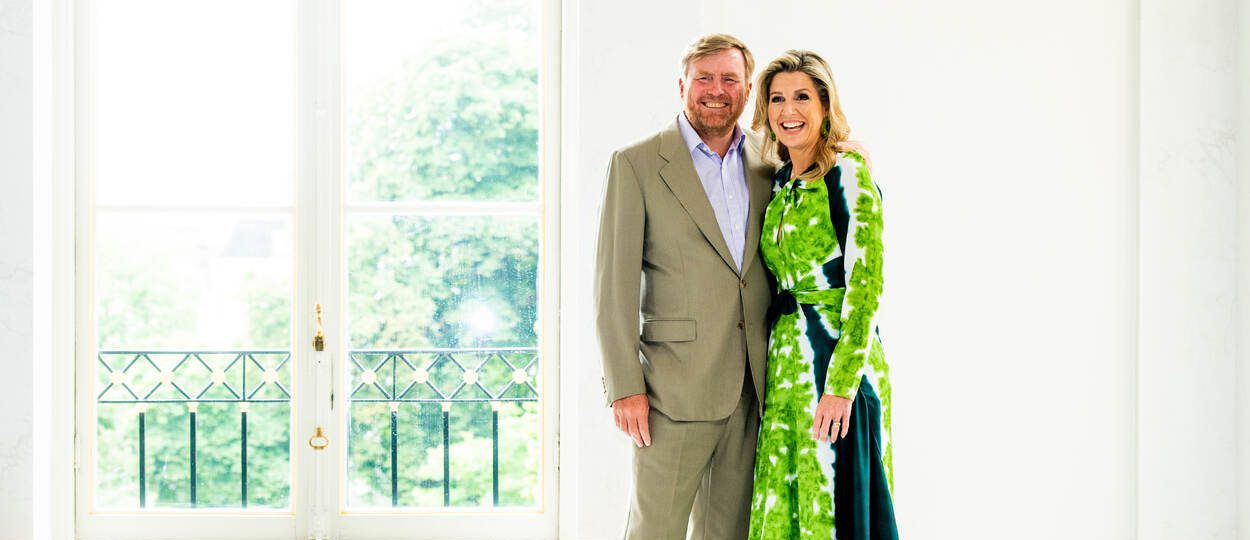
Willem-Alexander ascended to the throne on April 30, 2013, following the abdication of his mother, Queen Beatrix. As the constitutional monarch of the Netherlands, he serves as the Head of State and symbol of national unity.
Constitutional Role
The King’s role is primarily ceremonial and representative. He signs laws, opens Parliament, and appoints government ministers. He also plays a crucial role in maintaining the stability and continuity of the Dutch government.
Head of State
As Head of State, Willem-Alexander represents the Netherlands on the international stage. He undertakes official visits, meets with foreign dignitaries, and promotes the interests of the country.
Public Duties, Willem alexander
The King is involved in various public duties, including attending official events, delivering speeches, and participating in charitable activities. He also serves as the patron of numerous organizations.
Public Perception and Impact
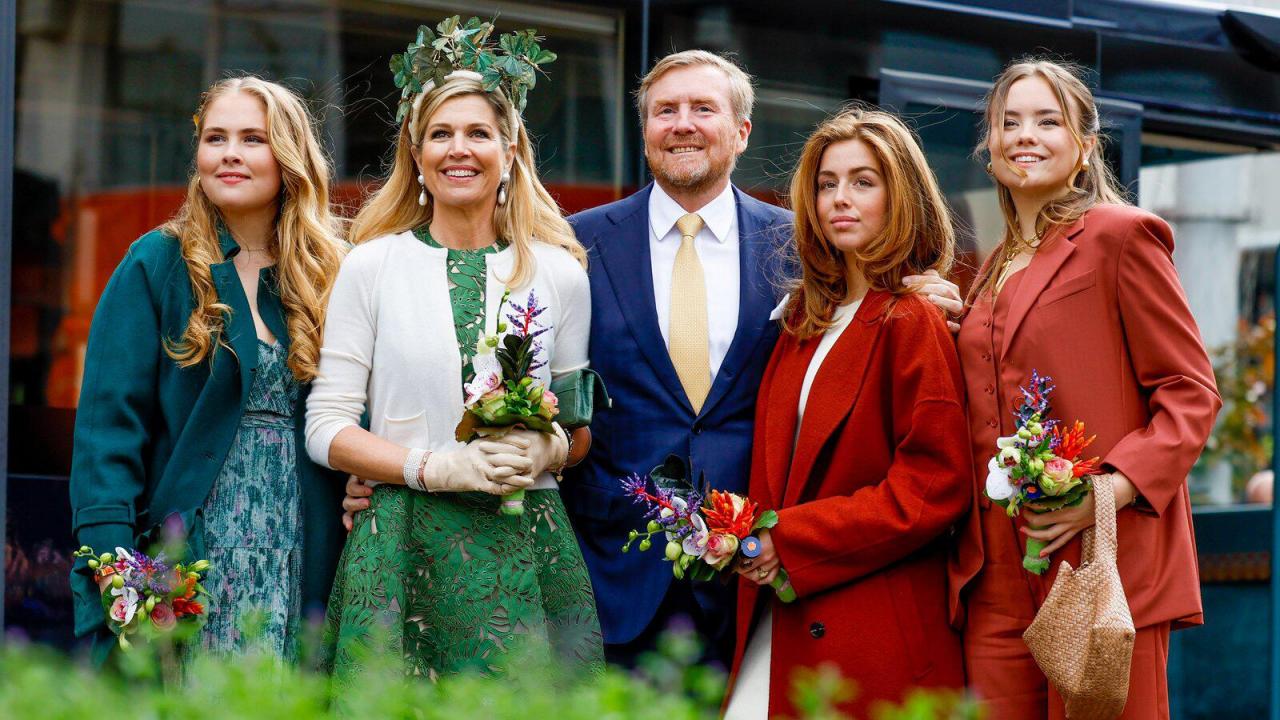
Willem-Alexander enjoys widespread popularity among the Dutch public. He is seen as a modern and approachable monarch who has brought a fresh perspective to the throne.
Modernization of the Monarchy
The King has actively worked to modernize the monarchy, making it more accessible and relevant to the people. He has reduced the size of the royal household and streamlined official ceremonies.
Connection with the People
Willem-Alexander has made a conscious effort to connect with the Dutch people on a personal level. He regularly visits different parts of the country, engages in public discussions, and interacts with citizens through social media.
Social and Environmental Advocacy
The King is an outspoken advocate for social and environmental issues. He has spoken out on topics such as climate change, water scarcity, and social justice. His advocacy has helped raise awareness and inspire action.
International Relations and Diplomacy
Willem-Alexander plays a significant role in international relations, promoting peace, cooperation, and understanding.
Diplomatic Efforts
The King undertakes official visits to foreign countries, where he meets with heads of state, government officials, and business leaders. These visits aim to strengthen diplomatic ties and foster cooperation.
Global Issues
Willem-Alexander is actively involved in addressing global issues. He has spoken at international conferences on topics such as climate change, water security, and sustainable development.
Peace and Understanding
The King believes that diplomacy and dialogue are essential for promoting peace and understanding. He has played a mediating role in international disputes and has called for increased cooperation among nations.
Legacy and Historical Significance
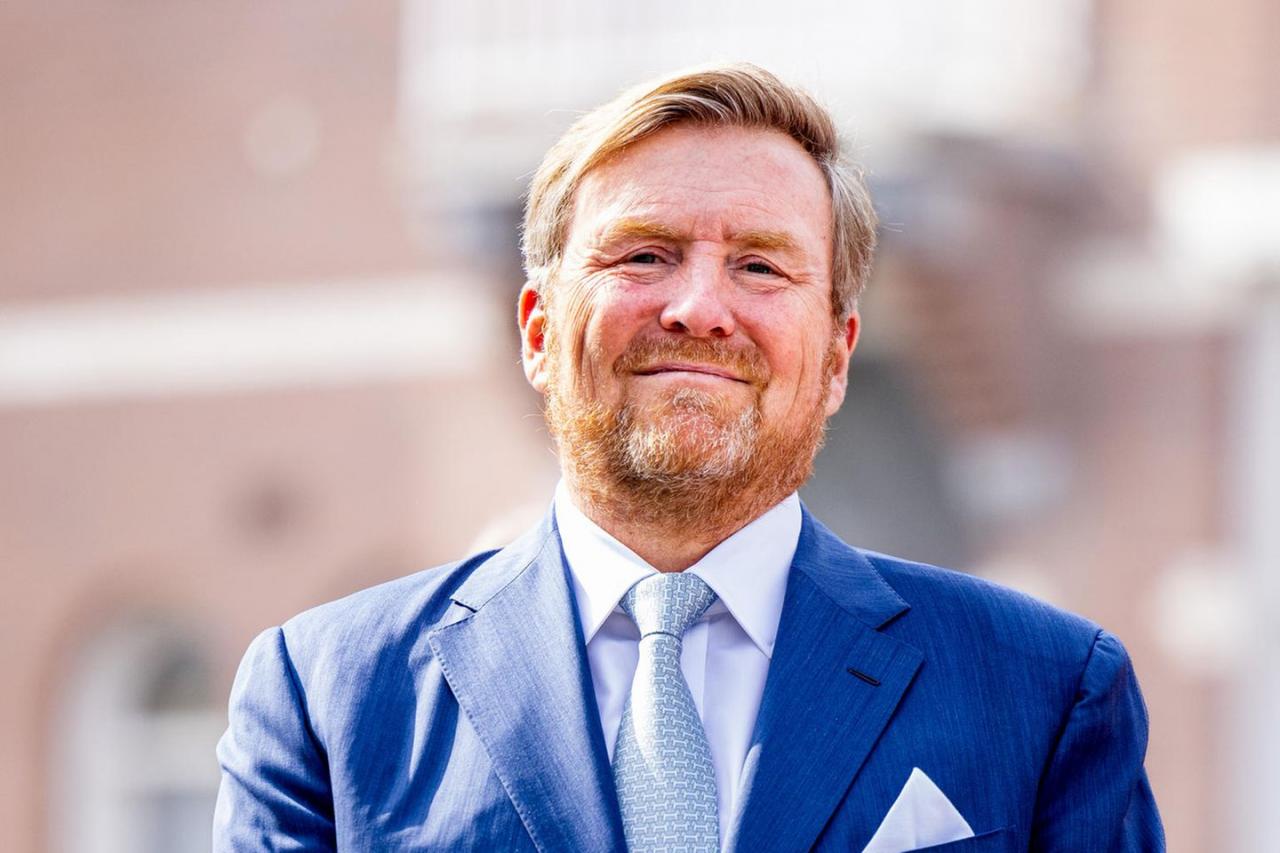
Willem-Alexander’s reign has had a profound impact on the Dutch monarchy and society.
Modernization and Relevance
The King’s efforts to modernize the monarchy have made it more relevant and accessible to the Dutch people. He has brought a new level of openness and transparency to the institution.
Social and Environmental Advocacy
Willem-Alexander’s advocacy for social and environmental issues has raised awareness and inspired action. He has played a significant role in shaping public discourse on these important topics.
International Diplomacy
The King’s active role in international diplomacy has strengthened the Netherlands’ position on the global stage. He has promoted peace, cooperation, and understanding through his diplomatic efforts.
Ending Remarks: Willem Alexander
As Willem Alexander’s reign continues, his legacy will be shaped by his ability to navigate the evolving landscape of monarchy, his commitment to social and environmental issues, and his dedication to fostering unity and cooperation both within the Netherlands and on the global stage.
Detailed FAQs
What is Willem Alexander’s full name?
Willem-Alexander Claus George Ferdinand
When did Willem Alexander become king?
April 30, 2013
Who is Willem Alexander’s wife?
Queen Máxima




